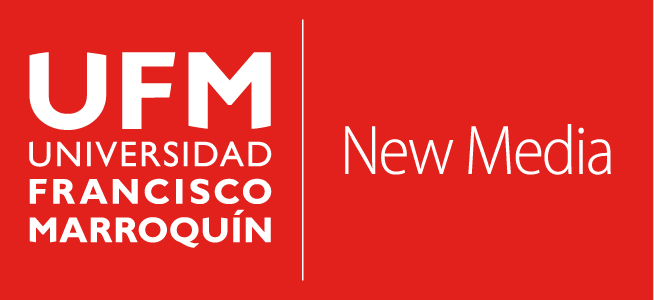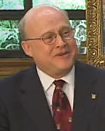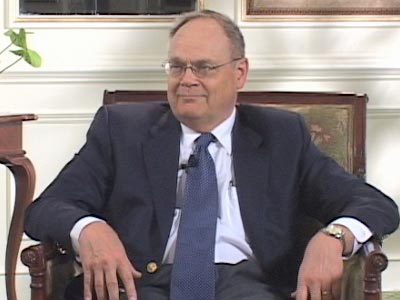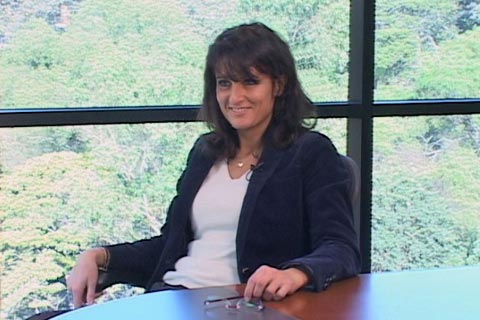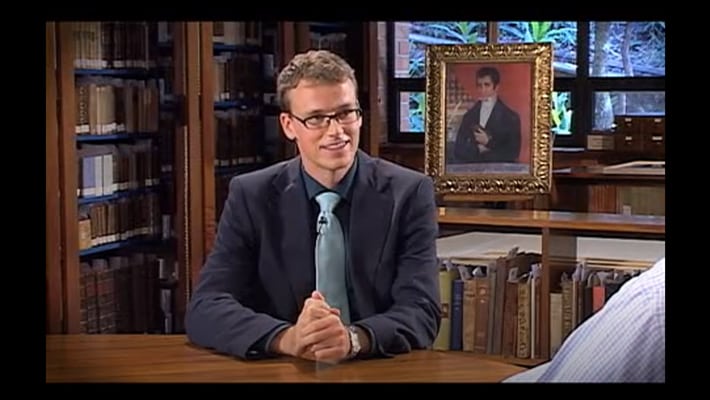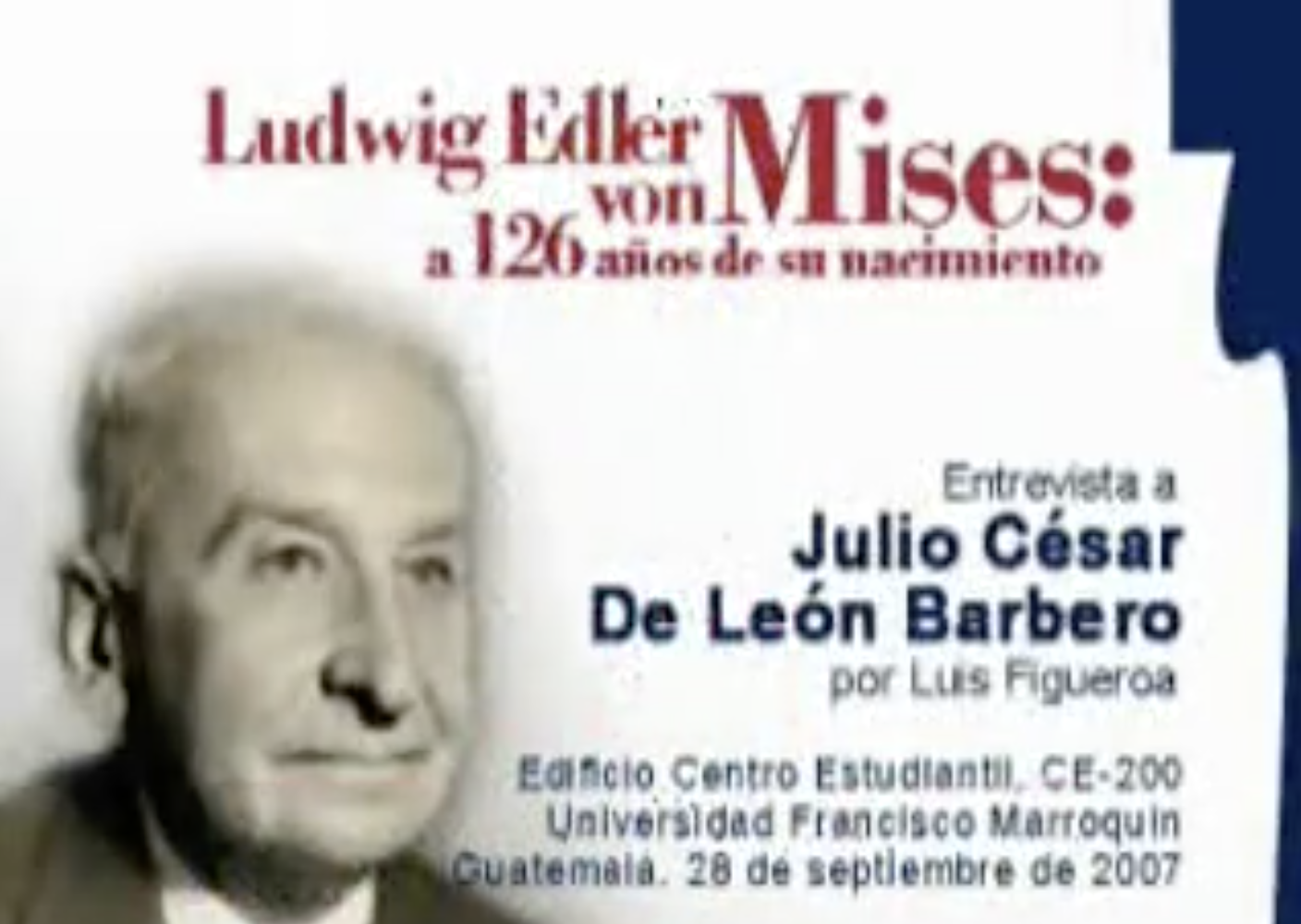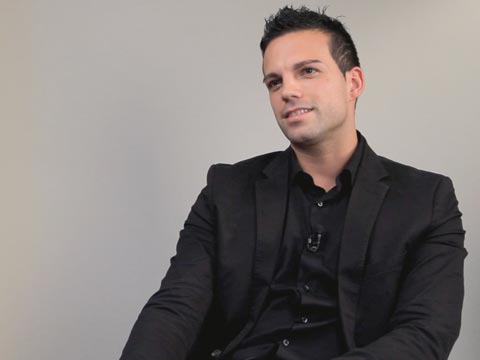About this videoT. Kenneth Cribb Jr. was one of the witnesses and participants of a major turning point in history for the United States and the world – the election of Ronald Reagan as President of the United States in 1980. In this interview, he focuses on such an era by explaining how he began to work with President Reagan, the idea about the role of government in his administration, and his interest in human rights. Cribb describes Reagan’s doctrine and comments on various topics such as the formal diplomatic relationship that was established with the Vatican, the assumption of economic growth through marginal tax reduction and the deregulation of the American industry. Furthermore, Cribb analyzes the difficulty that many intellectual elites, such as universities and professors, have in understanding the role of liberty and explains that is the cause of his struggle with American leftist intellectuals. |
|
CreditsInterview with T. Kenneth Cribb Jr.
| |
